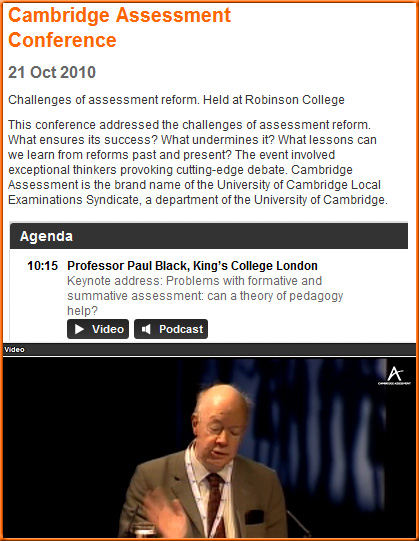From DSC:
A global push continues to be evident in some of the things that Pearson has been up to in the last year:
- Pearson takes controlling stake in India’s TutorVista — from WSJ (1/11)
- Pearson acquires TutorVista: expands Pearson’s business in education in India and in global online tutoring — from Pearson (1/11)
- Pearson to offer degrees in the UK — from Pearson (12/2010)
- Pearson VUE opens Dubai office and appoints local Arabic-speaking team — from Pearson (11/2010)
- Pearson acquires The Administrative Assistants Ltd.; extends leadership in student information systems — from Pearson (11/2010)
- Pearson to open fifty new English language centres in China — from Pearson (11/2010)
- Pearson to acquire 75% stake in CTI Education Group, a leading higher education company in South Africa — from Pearson (11/2010)
- Pearson eCollege, National Academy Foundation partner to provide online teacher professional development — from Pearson (9/2010)
- Pearson to acquire America’s Choice: plans to extend reach of school improvement services — from Pearson (8/2010)
- Pearson to acquire Wall Street Institute: acquisition extends Pearson’s position as world leader in English language teaching — from Pearson (7/2010)
- Pearson raises earnings guidance — from Financial Times
- Pearson, the publishing group that owns Penguin books and the Financial Times, raised its full-year earnings forecasts for the third time in less than six months, thanks to strong growth in computer-based learning products and in the developing world.













